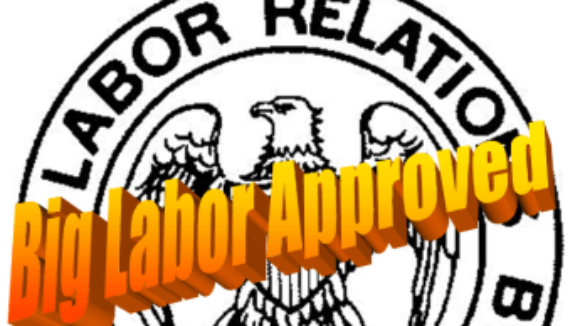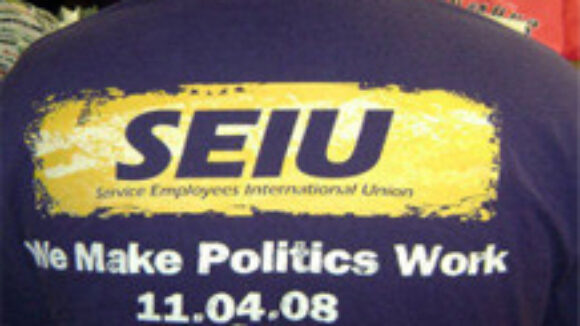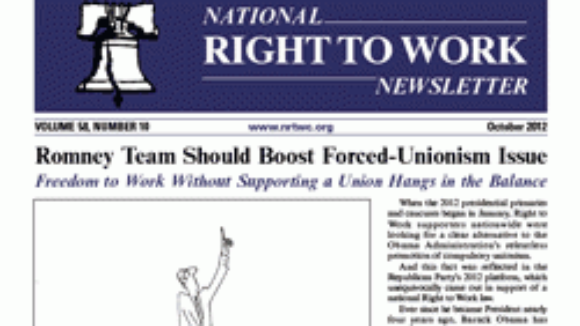Won't Back Down
Despite decades of failure in our public school, the union bosses who run the teachers union don't take criticism real well. A union funded front group are villifying a new movie "about the brutal retaliation of a teachers union against a teacher and a single mother has inspired real-life union vilification of the movie and a campaign against entertainers who have anything to do with it," Margert Eagan reports: [media-credit name=" " align="alignleft" width="250"][/media-credit]“Won’t Back Down” tells the story of a teacher (Viola Davis) and a single mother (Maggie Gyllenhaal) who battle to oust the union in a poor, failing Pittsburgh school. Produced by Walden Media, it’s an emotional roller coaster aimed at mainstream audiences unlike “Waiting for Superman,” Walden’s previous anti-union and much-heralded documentary. “The basic question the film asks is what you would do if your daughter was trapped in a failing school,” said Walden co-founder Michael Flaherty yesterday in his Burlington office. But instead of actually responding, he said, critics anxious to maintain the status quo “are a lot more interested in intimidation and the politics of personal destruction.” In real life, Parents Across America, an advocacy group which has received union funding, has launched a “fight Hollywood” campaign asking members to contact entertainers at all involved with the film or even a summer concert to kick it off. The intent, according to its website, which lists phone numbers and emails of agents and publicists, is to brand the film as a “feel bad, not feel good” movie. On their list: Davis and Gyllenhaal, plus Meryl Streep, Morgan Freeman, Jack Black, the Foo Fighters’ Dave Grohl, Maroon 5’s Adam Levine and Josh Groban.



